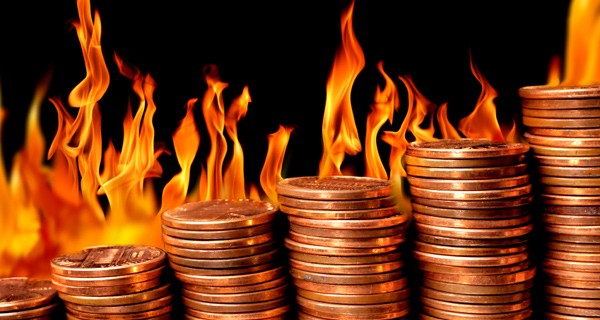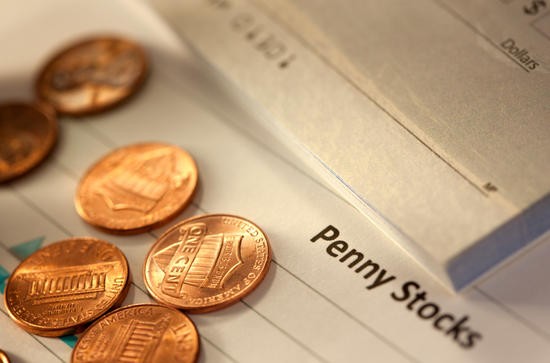Do Not Buy Penny Stocks!
Post on: 31 Октябрь, 2015 No Comment

by Daniel Peters
What is a penny stock? That depends on who is asked. For this article it means any stock trading at one dollar per share or less. They can trade on the pink-sheets, the ‘over the counter bulletin board'(OTCBB), or any other exchange. This is a large list of penny shares provided by Yahoo.
These are the reasons why penny stocks will lose most investors money.
The Penny Stock Myth
Myth: Penny Stocks are Cheap
Imagine someone went to the bank and wanted to cash in a 100 dollar check. Would there be a monetary difference if the teller gave 100 times one dollar bills, five times 20 dollar bills, or ten thousand pennies? The net sum is identical.
The price per share of a stock and the market capitalization are two different things. Market capitalization is the price per share multiplied by the total shares. This represents the total value of current shares. Using the above example, imagine the market capitalization is 100 dollars. The company has the choice of issuing 100 shares at one dollar each, five shares at 20 dollars each, or ten thousand shares at one penny each.
Why would a company choose to sell their stock at pennies when they could give it a finer reputation by issuing fewer shares at a higher value? Because they know that by pricing the shares low they give them the illusion of being cheap want to bring in bargain hunting investors. The company may well know that institutions wouldn’t touch them at any price.
Other Dangers of Micro-priced Companies
Penny stocks may also be traded on pink-sheets or over the counter bulletin boards. It is worthy to note that not all stocks on these exchanges need be penny stocks. If a stock is traded by these two methods, be wary. The standards of these exchanges can be quite low. Often, one will find stocks that were booted from a more trustworthy exchange.
If a penny stock is also a micro-cap stock, meaning that the market capitalization is less than 300 million dollars (depending on citing source), this can be especially dangerous. With such a low value on the total shares, an investor may have liquidity problems. When purchasing illiquid stock, prices may skyrocket and then settle once the purchase is finished. When selling illiquid stock, the price may drop dramatically since few buyers exist.
Another caveat of illiquid stock is the pump and dump operation. Such companies are susceptible to spam style hype which will have greedy traders flocking to buy, thus driving the price up. During this same period of time, the dishonest individual sells his shares. Anyone who purchased will be very irate once the shares dump back to their pre-hype values.

Finally, an investor may have a very hard time performing due diligence on a stock with little available information. Some of the above mentioned exchanges do not require SEC filings.
Who Should Buy Penny Shares?
Once in a while a penny stock does lift itself from the dregs and gain a fine reputation. As well, some companies fall on hard times and a comeback tour could be just around the corner. While not all penny stocks are horrible investments, who would recommend going to a hotdog stand and asking for a prime rib steak?
Sources
The Lowdown on Penny Stocks, Investopedia.
Lisa Lerer, Why SEC’s ‘Spamalot’ Won’t Stop Stock Scams, 9 March 2007, Forbes.com.
Nicole Jacoby, Get Wise to Penny Stocks, 27 July 1999, CNN Money.














